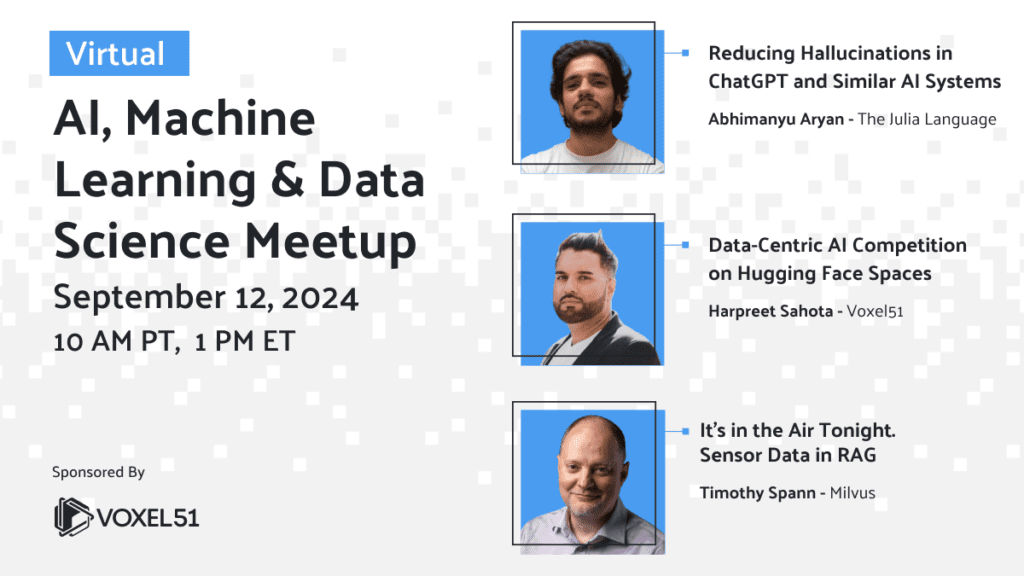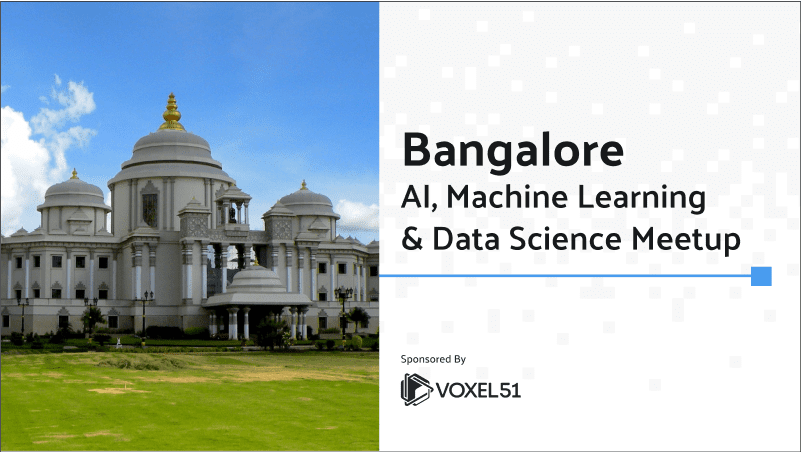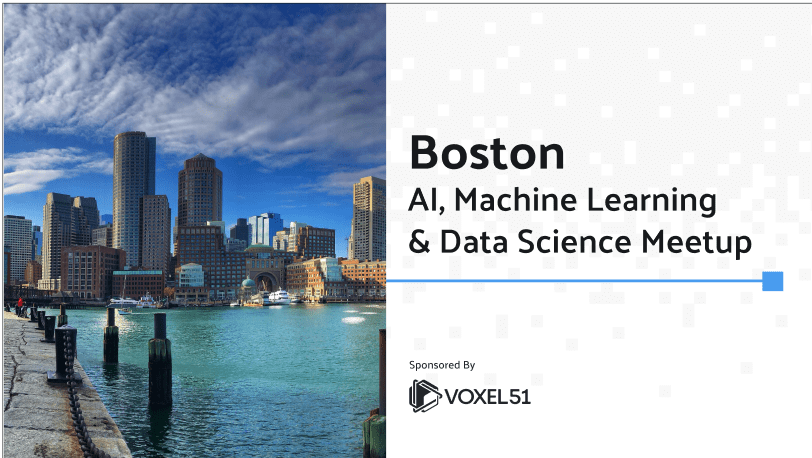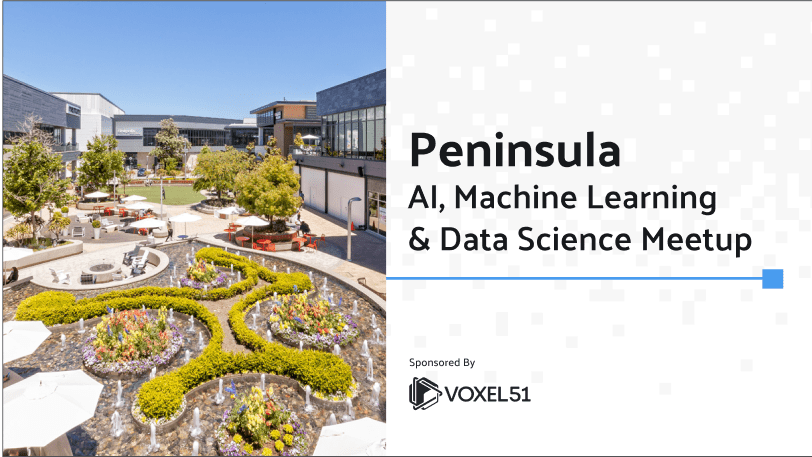AI, Machine Learning and Computer Vision Meetup
Sept 12, 2024 at 10 AM Pacific

Register for the Zoom
By submitting you (1) agree to Voxel51’s Terms of Service and Privacy Statement and (2) agree to receive occasional emails.
Reducing Hallucinations in ChatGPT and Similar AI Systems

Abhimanyu Aryan
The Julia Language
LLMs are prone to producing hallucinations, largely due to their limited content and knowledge base. One of the most widely used techniques to reduce hallucinations is incorporating external knowledge sources. Among these, using knowledge graphs has shown particularly impressive results in enhancing the accuracy and reliability of the results produced by LLMs. In this talk, we will explore what knowledge graphs are, why they are important, and how to utilize the Neo4j graph database to improve the reliability of LLMs.
About the Speaker
Abhimanyu Aryan started in VR industry, then worked as an ML Engineer (Vision) for the Indian Air Force and contributed to Julia’s open-source web ecosystem( mostly Genie). Currently, building an AI stealth startup.
Update: Data-Centric AI Competition on Hugging Face Spaces

Harpreet Sahota
Voxel51
Are you ready to challenge the status quo in AI development? Then join Voxel51’s Harpreet Sahota for the latest updates, plus tips and tricks on the first-ever Data-Centric AI competition on Hugging Face Spaces, focusing on the often-overlooked yet crucial aspect of AI: data curation. Learn more about the competition, rules and prizes.
About the Speaker
Harpreet Sahota is a hacker-in-residence and machine learning engineer with a passion for deep learning and generative AI. He’s got a deep interest in RAG, Agents, and Multimodal AI.
It's in the Air Tonight. Sensor Data in RAG

Tim Spann
Zilliz
I will do a quick overview of the basics of Vector Databases and Milvus and then dive into a practical example of how to use one as part of an application. I will demonstrate how to consume air quality data and ingest it into Milvus as vectors and scalars. We will then use our vector database of Air Quality readings to feed our LLM and get proper answers to Air Quality questions. I will show you how to all the steps to build a RAG application with Milvus, LangChain, Ollama, Python and Air Quality Reports. Preview the demo on Medium.
About the Speaker
Tim Spann is a Principal Developer Advocate for Zilliz and Milvus. He works with Milvus, Generative AI, HuggingFace, Python, Big Data, IoT, and Edge AI. Tim has over twelve years of experience with the IoT, big data, distributed computing, messaging, machine learning and streaming technologies.
Find a Meetup Near You
Join 12,000+ AI and ML enthusiasts who have already become members
The goal of the AI, Machine Learning, and Data Science Meetup network is to bring together a community of data scientists, machine learning engineers, and open source enthusiasts who want to share and expand their knowledge of AI and complementary technologies. If that’s you, we invite you to join the Meetup closest to your timezone.












